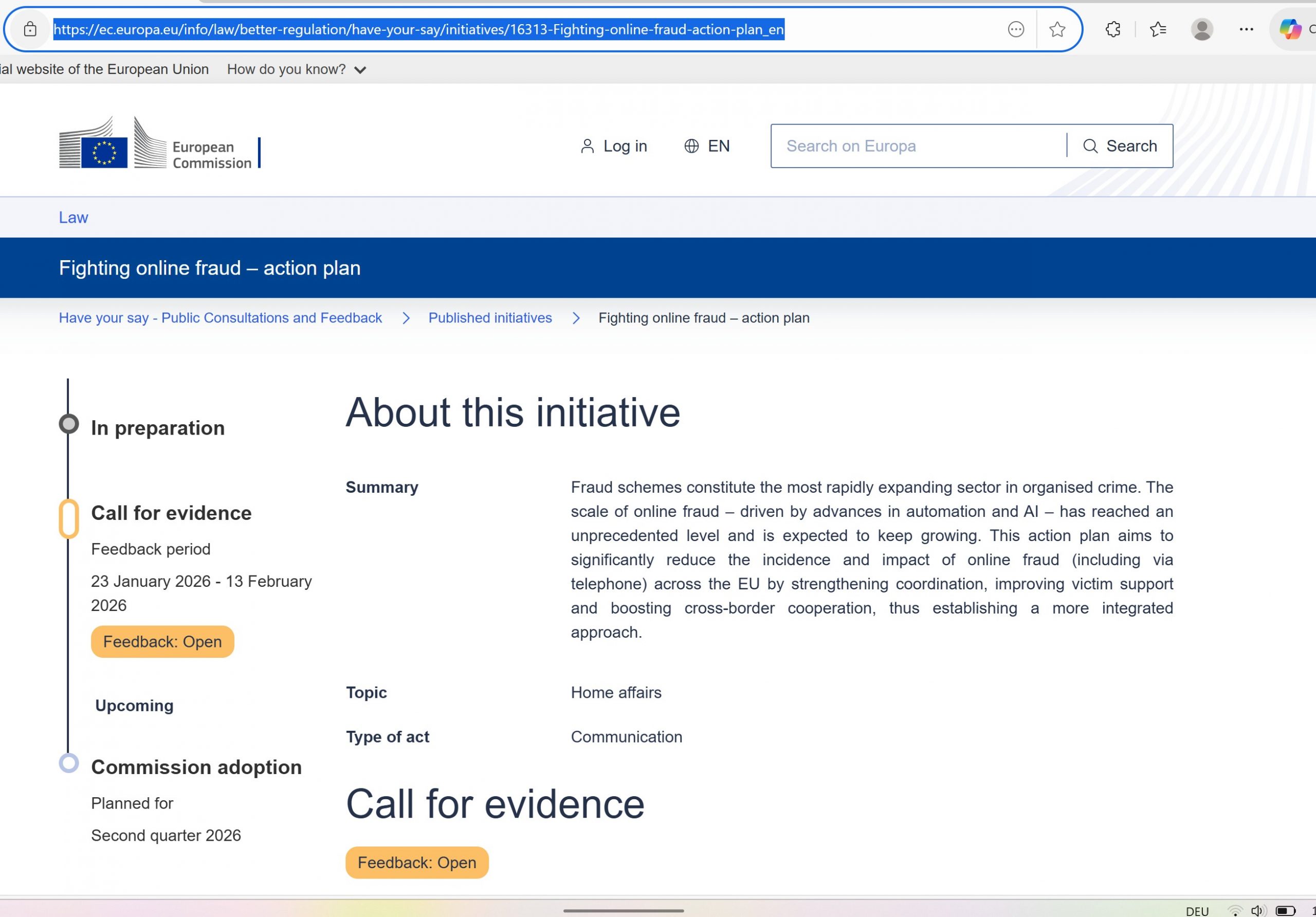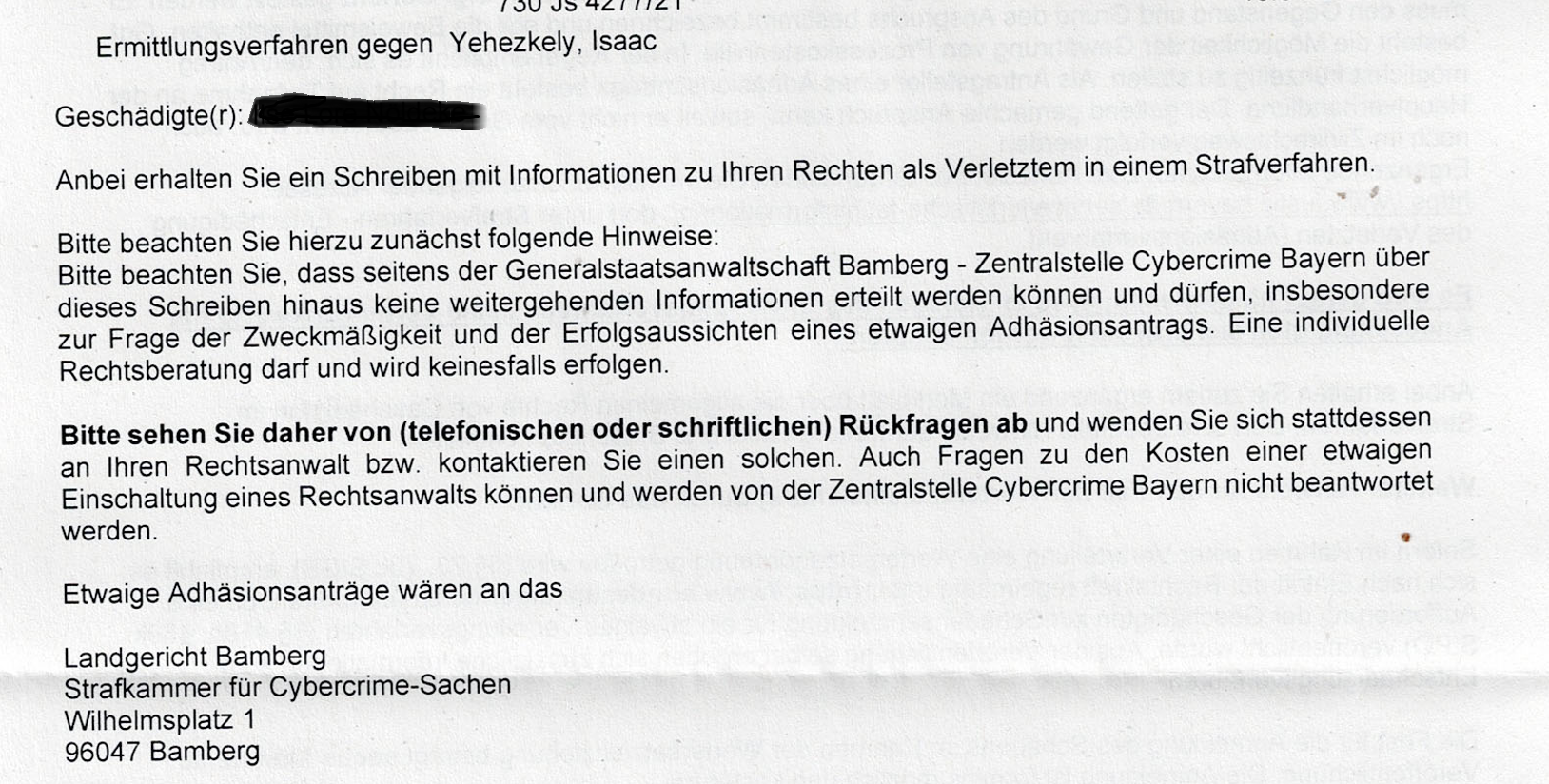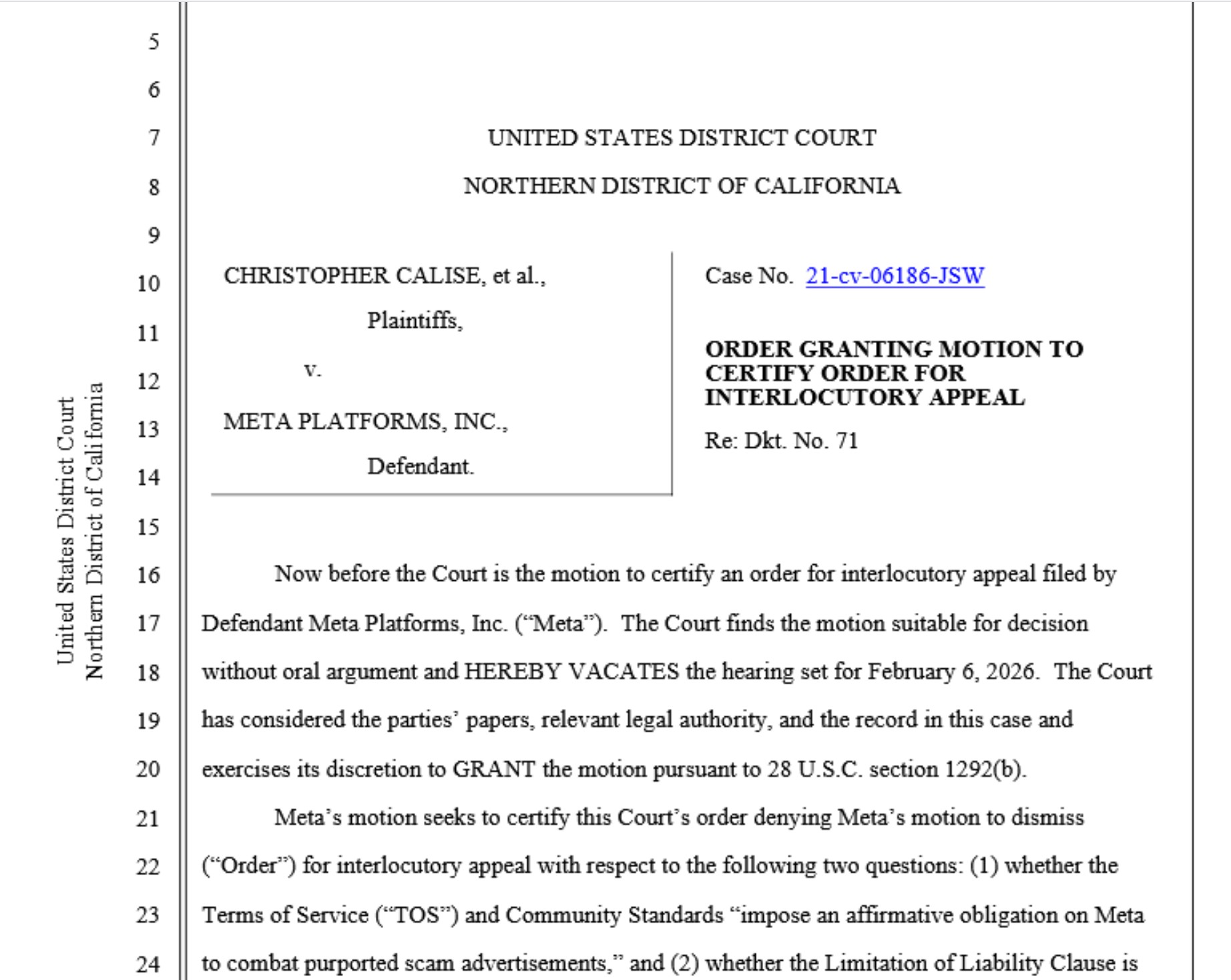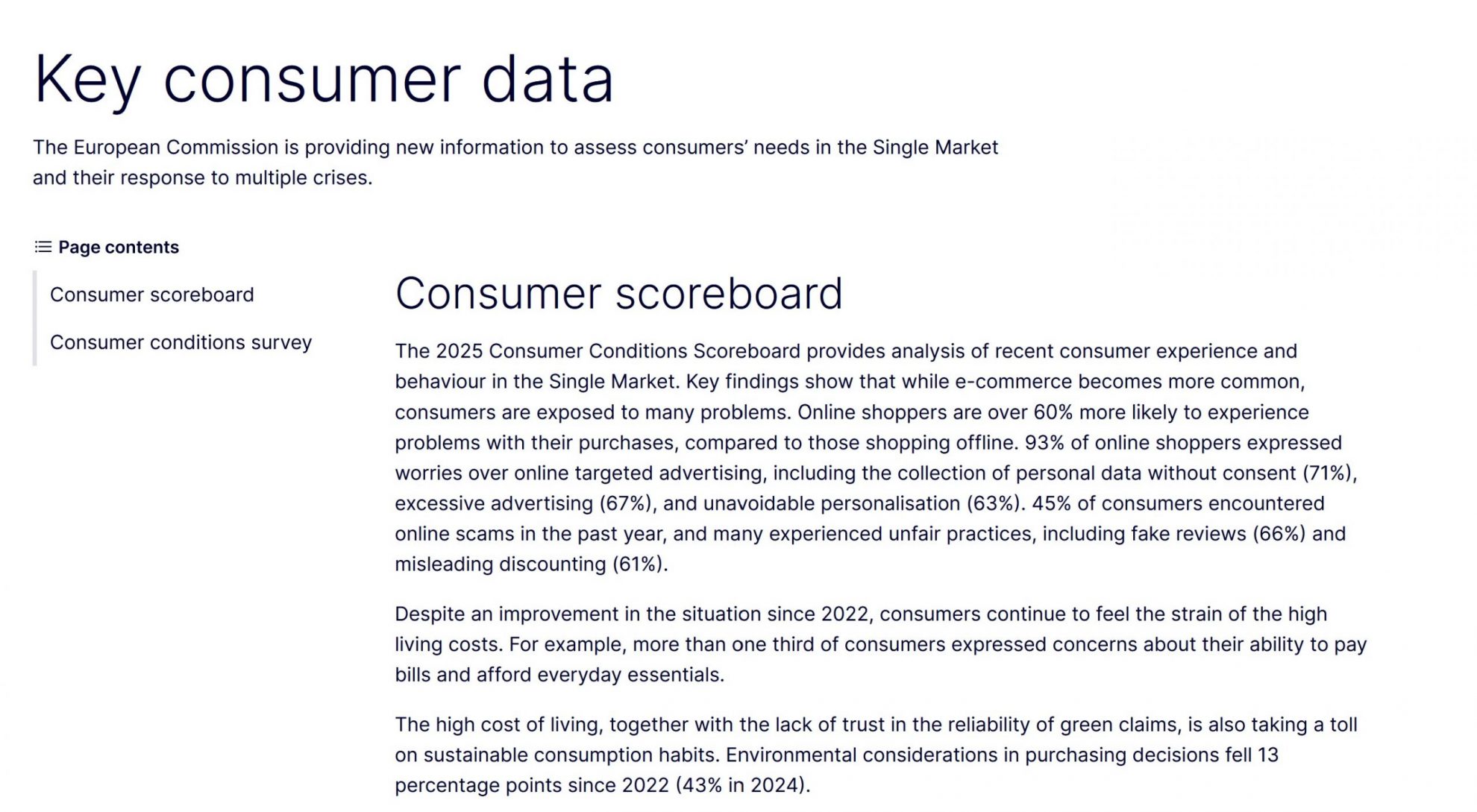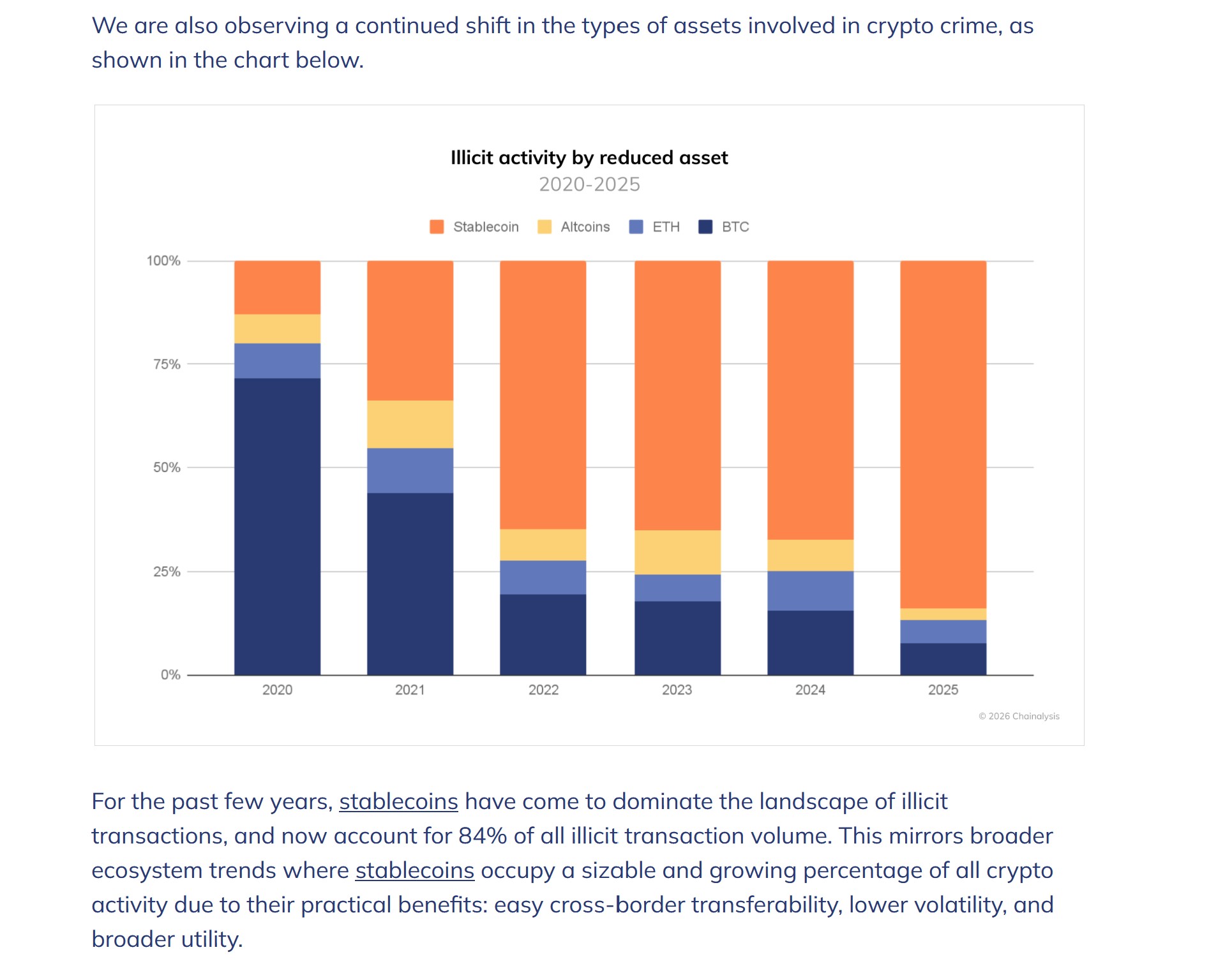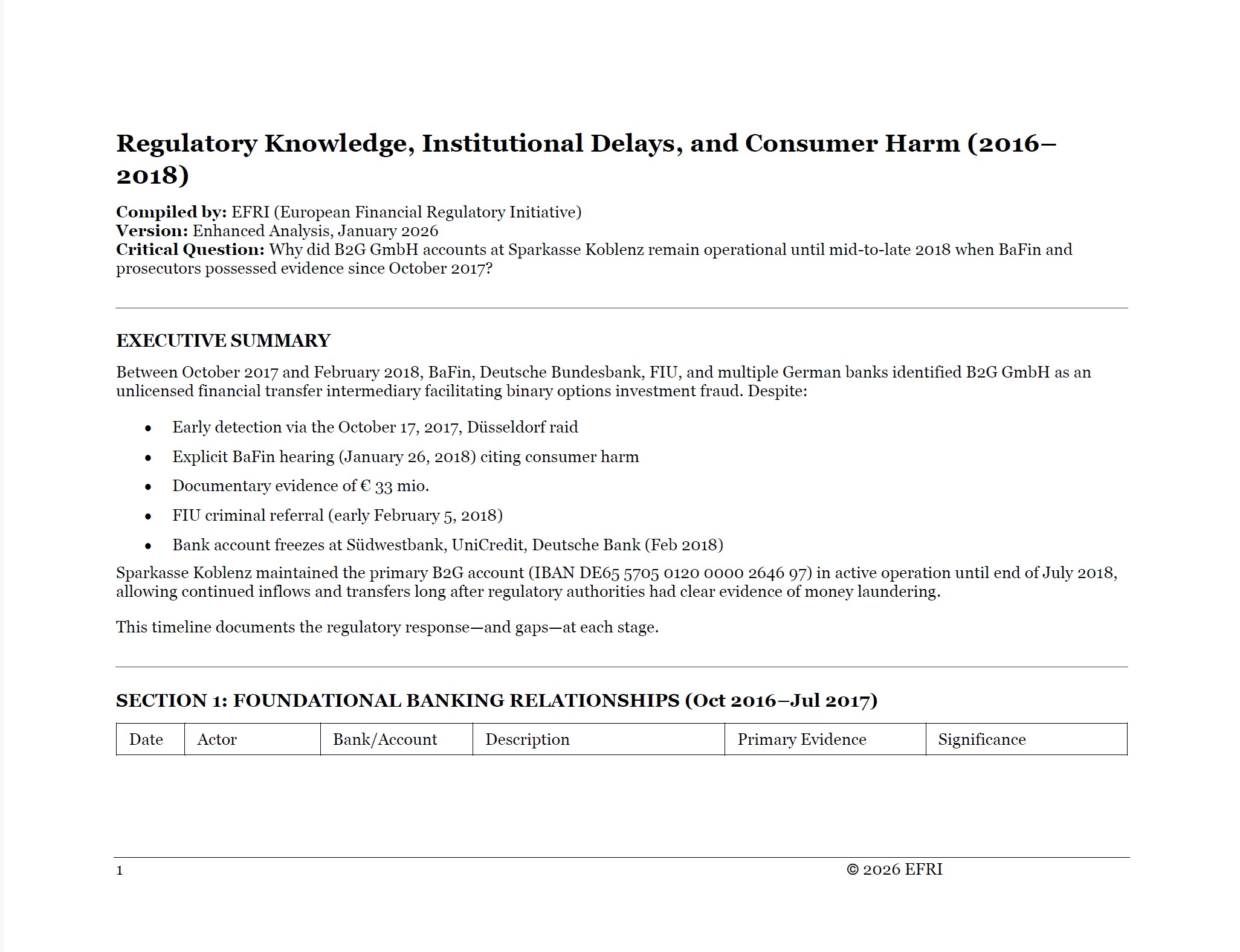The recent warning by the UK Gambling Commission to five Premier League clubs about their sponsorship ties with unlicensed gambling operators echoes a troubling pattern that European consumers are all too familiar with – the era of fraudulent binary options providers like Option888.
TGP Europe: Unlicensed and Under Scrutiny
AFC Bournemouth, Fulham FC, Newcastle United, Wolverhampton Wanderers, and Burnley FC have all come under investigation due to sponsorship deals with brands operated by TGP Europe. This company recently surrendered its UK gambling license. The reasons include severe failures in anti-money laundering (AML) compliance and insufficient due diligence on business partners.
Instead of implementing the required compliance improvements, TGP Europe chose to exit the UK market, leaving Premier League clubs exposed to potential criminal liability for promoting gambling services accessible to British consumers.
When Football Meets Fraud: The Legacy of Binary Options
EFRI has represented hundreds of victims of unlicensed binary options scams. A concerning number of these fraudulent platforms—including Option888, Banc De Binary, and EZTrader—used high-profile football sponsorships as a cloak of credibility:
Option888 sponsored 1. FC Köln and FC Bologna.
Banc De Binary was linked with Liverpool FC.
Markets.com partnered with Arsenal FC, offering matchday promotions featuring stars like Mesut Özil.
24option collaborated with Juventus.
EZTrader and AS Monaco also had visible partnerships.
iTrader sponsored the Maccabi Tel Aviv basketball team, using athletes in commercials.
These sponsorships created a misleading aura of legitimacy around companies that were defrauding consumers across Europe, many of whom have since turned to EFRI for help.
Regulatory Momentum Across Europe
While the UK leads current enforcement actions, many European countries are tightening rules on gambling sponsorships in football:
🇮🇹 Italy: Complete ban on gambling ads and sponsorships (Dignity Decree, 2018).
🇪🇸 Spain: Prohibition on shirt sponsorships and restricted advertising hours.
🇳🇱 Netherlands: Licensed gambling only, with strict advertising rules.
🇫🇷 France: Advertising must avoid vulnerable groups, with a focus on responsible gambling.
🇧🇪 Belgium: Stringent timing and content controls for gambling ads.
🇩🇪 Germany: Nationwide licensing and consumer protection framework.
🇨🇭 Switzerland, 🇲🇹 Malta, 🇪🇪 Estonia: National licensing, anti-fraud and advertising standards.
These policies reflect a growing awareness of the risks posed by unregulated gambling promotions and a shift toward stronger consumer protection across the continent.
Critical Commentary: A False Sense of Security
Despite these regulatory efforts, the European response to the dangers of online gambling remains fragmented and, in many cases, insufficient. FinTelegram’s investigations have uncovered complex networks of unlicensed online casinos operating across Europe, often facilitated by regulated and unregulated payment processors in jurisdictions like Cyprus.
For instance, the collapse of Rabidi N.V., a Curacao-licensed operator of over 30 online casinos, revealed a web of successor entities and payment facilitators that continued operations under different names, effectively circumventing regulatory actions. Payment agents, such as Mirata Services Ltd in Cyprus, have been implicated in processing transactions for these unlicensed platforms, raising serious compliance concerns.
Moreover, the use of offshore licenses from jurisdictions such as the Philippines and Curacao enables these operators to target European consumers without adhering to local regulations. This regulatory arbitrage undermines consumer protections and facilitates the continued operation of potentially fraudulent gambling platforms
The persistence of these networks highlights the need for a more unified and robust regulatory framework across Europe. Without coordinated enforcement and stricter oversight of payment processors and licensing bodies, consumers remain vulnerable to exploitation by unlicensed gambling operators.
Regulatory Lessons Still Being Learned
The UK Gambling Commission’s intervention is a crucial step, but one that comes dangerously late. Gambling sponsorships, especially involving unlicensed operators, present clear risks—not only to consumers but also to the clubs’ reputations and legal standing.
Consumer Protection at Stake
The UK Gambling Commission’s actions should serve as a wake-up call – not just for English football, but for leagues across Europe. Gambling sponsorships demand strict scrutiny and transparency. Clubs must ensure they are not inadvertently endorsing illegal or unlicensed operators.
EFRI's Call to Action
A Europe-wide ban on sponsorships by unlicensed financial and gambling entities.
A publicly accessible central database of licensed operators.
Stricter due diligence obligations for clubs within their compliance frameworks.
Integration of football governing bodies into financial crime prevention efforts.


